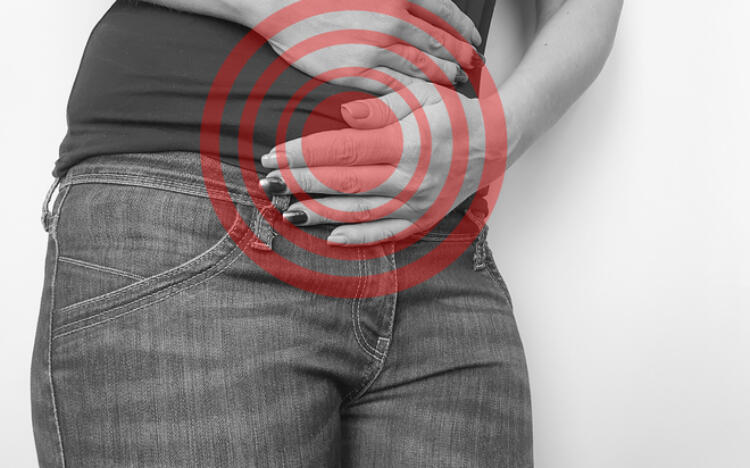Anti-inflammatory medicines
Anti-inflammatory medicines can provide period pain relief for many women by stopping the body from producing prostaglandins. There are several OTC anti-inflammatory medicines that can be used to relieve period pain. These medicines contain the following active ingredients:
- Ibuprofen (eg, Nurofen and Advil)
- Mefenamic acid (eg, Ponstan)
- Naproxen (eg, Naprogesic)
Speak with your pharmacist which one is the best option for you. Some of these medicines are only available from pharmacies.
Anti- inflammatory medicines may not be suitable for everyone
Anti-inflammatory medicines can irritate the stomach and interact with other medicines. So not everyone can take them. If you have a history of the following medical conditions, it’s important that you talk with your doctor or pharmacist before starting anti-inflammatory medicines.3
- Stomach ulcers
- Reflux
- Asthma
- Kidney, heart or any other health problems.
Paracetemol and other options
Pain relief medicines containing the active ingredient paracetemol (eg, Panadol) can be helpful for women experiencing mild period cramps. When taken as directed on the packet, paracetamol is generally well tolerated by most people.
Some women also benefit from non-medicine options such as heat packs, exercise, transcutaneous electrical nerve stimulation (TENS) or acupuncture.1,2
